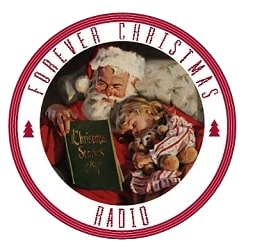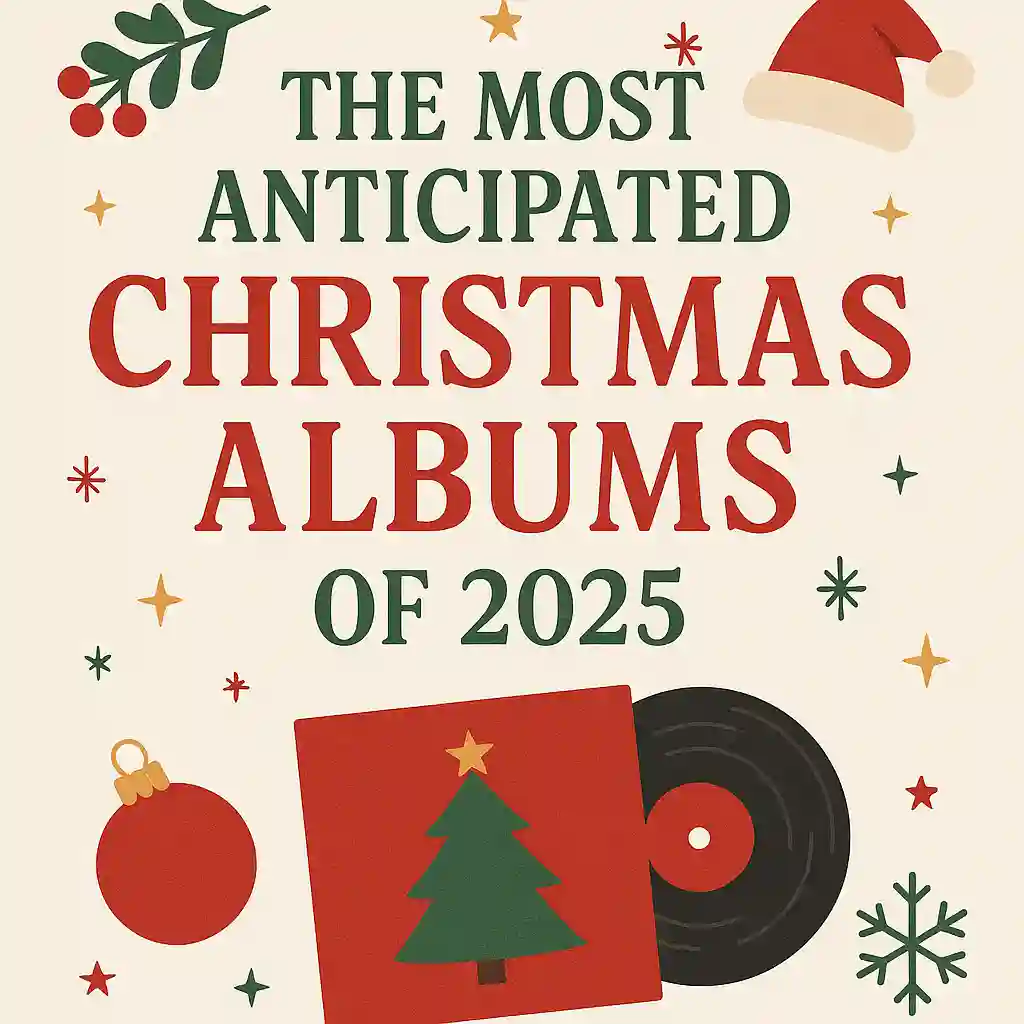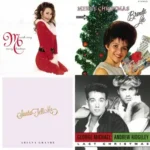Every year, as the leaves turn fiery red and gold and the air grows crisp with the promise of winter, a familiar debate warms up alongside the cocoa and twinkling lights: When is the right time to start listening to Christmas music? Is it too early to spin those jingling tunes in early November, or should we hold off until after Thanksgiving? This perennial question taps into more than just timing — it’s about moods, traditions, psychology, and even marketing strategies that shape how and when we embrace the holiday soundtrack.
The Early Birds: November Listeners
For many, the Christmas music season unofficially kicks off just after Halloween, sometimes as early as November 1st. Retailers and radio stations jump on this early momentum to infuse shopping aisles and airwaves with festive cheer—and, naturally, to boost sales. Streaming platforms reveal that holiday song plays start climbing sharply in early November, reflecting a sizable group of listeners eager to summon the warmth and nostalgia of the season.
This early enthusiasm is common among people who associate Christmas music with comfort and tradition—the kind of cozy soundtrack that helps them unwind after a hectic day or cope with the shorter, darker days. For these listeners, Christmas tunes are more than just songs; they’re a mental invitation to slow down, connect with memories, and prepare emotionally for the holidays.
The Thanksgiving Gatekeeper
A significant chunk of listeners consider Thanksgiving weekend the “official” green light for Christmas music. Many feel that starting the holiday tunes before this point shortchanges Thanksgiving, a holiday centered on gratitude and togetherness that deserves its own undistracted celebration. This viewpoint is backed by surveys showing a surge in Christmas song streams and radio playlists right after Thanksgiving Day, marking the true kickoff for many.
In many households, this timing is a tradition reinforced year after year. Families gather around the table on Thanksgiving, often enjoying non-holiday background music, then make a collective transition to Christmas carols as they decorate and prepare for December festivities.
The Reluctant Latecomers
Then, there’s a smaller but vocal group who prefer to hold off on Christmas music until December—sometimes even waiting until mid-December. They argue that Christmas music carries such emotional power that it should be reserved for the heart of the season, rather than spread out over several weeks. To them, holiday songs are a special treat, meant to be enjoyed at full volume and intensity when the spirit is truly ripe.
This approach often appeals to people who want to preserve the magic and avoid burnout from hearing the same jingles for too long. For latecomers, less is more when it comes to Christmas cheer.
The All-Year Christmas Music Lovers
Believe it or not, there’s a passionate group of listeners who enjoy Christmas music all year round. For some, these songs are a constant source of comfort and joy, reminding them of cherished memories or simply elevating their mood regardless of the season. Others might be professionals in retail, hospitality, or broadcasting where holiday music is part of the atmosphere year-round.
Scientific studies show that Christmas music evokes feelings of warmth, nostalgia, and happiness, which can reduce stress and boost positivity. For all-year listeners, the festive melodies become a steady soundtrack that helps navigate the ups and downs of everyday life, far beyond the calendar.
If you’re one of those who can’t resist sleigh bells in July or a Christmas carol in March, you’re certainly not alone—and our site is here for you with curated playlists ready 365 days a year.
What Does the Data Say?
Streaming giants like Spotify, Apple Music, and Amazon Music have given us a fascinating window into listening habits over the past decade. Data consistently shows that Christmas music streams start rising in early November, followed by a massive surge post-Thanksgiving. By December 1st, holiday playlists dominate the top charts, and on occasion, spikes appear even as early as Halloween, especially when new seasonal releases or viral tracks gain traction.
Radio stations typically switch to an all-Christmas format sometime between mid-November and Thanksgiving weekend, aiming to capture the largest and most receptive audience without alienating early resistors. This strategic timing balances commercial interests with listener preferences.
Why Timing Matters — Beyond Tradition
The question of when to start Christmas music isn’t just about etiquette or tradition. It’s tied deeply to emotional and psychological needs. Music is a powerful trigger for memory, mood, and nostalgia—and Christmas music carries an especially rich emotional charge.
Starting early allows some to find comfort and stability in uncertain or stressful times during the darker months. Waiting helps others preserve the excitement and avoid feeling overwhelmed. Meanwhile, marketers, retailers, and music curators must carefully navigate these diverse preferences to best serve a wide audience.
So, When Should You Start Listening?
The truth is, there’s no universal “correct” date to start your Christmas music playlist. The right time is whenever it brings you joy and comfort. Whether you blast Mariah Carey’s “All I Want for Christmas Is You” on November 1st, wait until after Thanksgiving, or save the classics for Christmas Eve, your holiday soundtrack should lift your spirits without causing stress.
Our Christmas music site is here to support you all season long—and beyond—with carefully curated playlists tailored for every mood and moment: early cozy nights, festive parties, or quiet post-holiday reflections.










